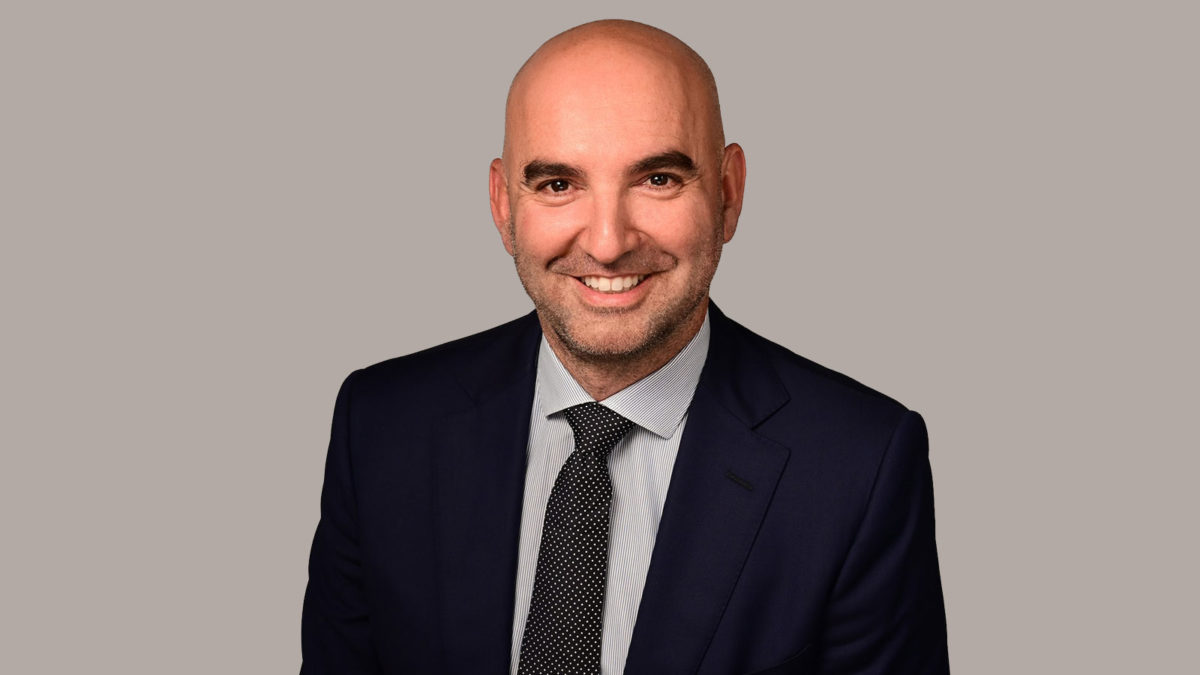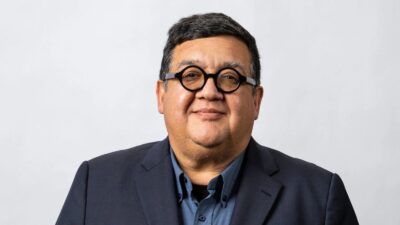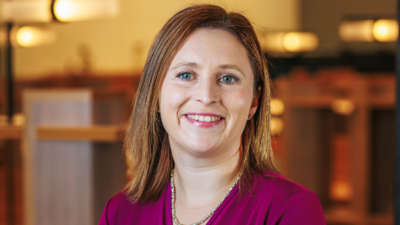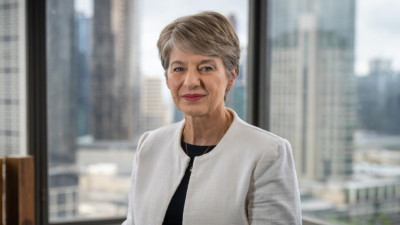Ex-Pengana crew go ‘all in’ at Pella
Pengana’s star international equities team have built their new home from the ground up, drawing on a history of weathering global crises to prepare for the climate upheaval sweeping markets.
Six months before the collapse of Lehman Brothers sent markets into a death spiral, Jordan Cvetanovski sold the banks. Cvetanovski (pictured) was working at French asset management firm Carmignac at the time, and had been keeping a close eye on news reports of rising loan delinquency as US borrowers declared bankruptcy and simply walked away from their homes. The disaster was unfolding in plain sight – but markets can stay irrational for a long, long time.
“I sold one, I sold two, I sold five – I sold all of them. There were no banks or property in the portfolio,” Cvetanovski said. “Then I had to sit there and watch the market and these banks go up every single day.”
The eventual vindication was “bittersweet”. Cvetanovski had been right, but the global calamity that ensued tempered any feelings of success. Still, there was a silver lining.
“If I was worried about straying too far from the herd or the benchmark, I don’t know what decision I would have made,” Cvetanovski says. “That was a key moment informing my view on what I need to be as a fund manager.”

That view has now found a new home in Pella Funds Management, a boutique founded by Cvetanovski and a host of former Pengana personnel, including Steven Glass, Joy Yacoub, Ryan Fisher and Ronald Yu. The team were all involved in managing Pengana’s international equities funds; their departure in early 2021 triggered much consternation from ratings house SQM and the appointment of an external manager.

Pella’s distribution is handled by Yacoub, who met Cvetanovski during her time at Allan Gray and handled distribution of the international fund at Pengana; at the time of their leaving, Cvetanovski and Glass said in a statement that they would not disturb the existing client relationships of Pengana’s international equity funds and that they were “confident that with their individual track records of success they will enjoy new opportunities”.
The official line from Pengana is that there was a difference of opinion in how the business should be run. The team itself is elusive; Cvetanovski and Yacoub say they prefer to look to the future, focusing more on what leaving has allowed them to build than on their reasons for doing so (though one suspects that therein lies the answer).
Namely, the departure has allowed them to go “all in” on sustainable investing by building an explicitly ESG-oriented fund – the Global Generations Fund – in the knowledge that the world is “moving on” and that the appetite for climate-aware strategies is growing at a rapid pace. Cvetanovski and Yacoub believe fees are too high across much of the active management space – it’s “the elephant in the room” – and Pella charges a foundation investor base fee of 0.35 per cent pa (with a performance fee of 20 per cent above the benchmark, subject to a high-water mark).
The fund uses the same “segmentation strategy” that Cvetanovski developed in 2004, and which was deployed to great success during the team’s time at Pengana, generating 12 per cent average annual returns over five years by targeting companies with “fortress balance sheets” across three categories: core, cyclical, and innovation.
“The core advantage that we have as investors is our open minds, and although we have our eyes set firmly on the long-term we also very much care about the short-term… it can be a great opportunity or a great threat, and we need to respond to that,” Cvetanovski says. “And you can’t respond to that if your tool kit is limited.”
“You have to be flexible enough to say “I can invest in emerging markets, I can invest in global markets. I can invest in small caps and large caps. I can invest in growth and value”. As long as you know you have a clear way of doing it. And that is the process that we have.”
It’s in part that fluidity of approach that has allowed the team to avoid some of the major crises that have shaken markets in recent years. In early 2020, they grew increasingly concerned with the spread of an influenza-like virus through the Chinese city of Wuhan. This time, instead of news reports about people abandoning their homes, it was the rapid construction of field hospitals over the space of a weekend (hindsight is 20/20, but this is probably the point where everybody should have started worrying).
“The right thing for the client there was to take profit off the table,” Cvetanovski says. “Get out of the way of this train coming our way. And then when that happened and stocks were getting too cheap, we bought ten new companies in March. People seem not to care about valuations at two points in the market: at the top and at the bottom. And that’s when you need to be most alert.”
It’s that history – Covid-19, the GFC – that has burnished Cvetanovski’s approach, and his faith in it and himself; when questioned as to something he would have done differently in his career, he says that he might have started a boutique a lot sooner (and might not have spent as much time playing around with puts instead of focusing on his core skills).
“The process that we have is the same process that has seen me through the GFC, through the Fukushima Earthquake, through Covid-19 – I’ve never veered away from it,” Cvetanovski says.
Of course, one of the most finnicky problems with starting a boutique can sometimes be as small as picking a name. The team tried out dozens (there’s a lot of managers out there) before settling on Pella. The historical city of Pella was the birthplace of Alexander the Great, and while it’s tempting to think that the team will apply that ancient conqueror’s ruthless techniques to the world of finance, the name was mostly chosen because Cvetanovski’s grandparents hail from that region of Greece. The olive tree in its logo is based off the one in his backyard. The business is owned entirely by its staff; all of them are obligated to invest in the fund alongside their clients, and cannot invest in global equities outside it.
“The company must reflect the values of the fund, and the fund must respect the values of the company,” Cvetanovski says. “We think that’s vital for achieving our long-term aims.”











